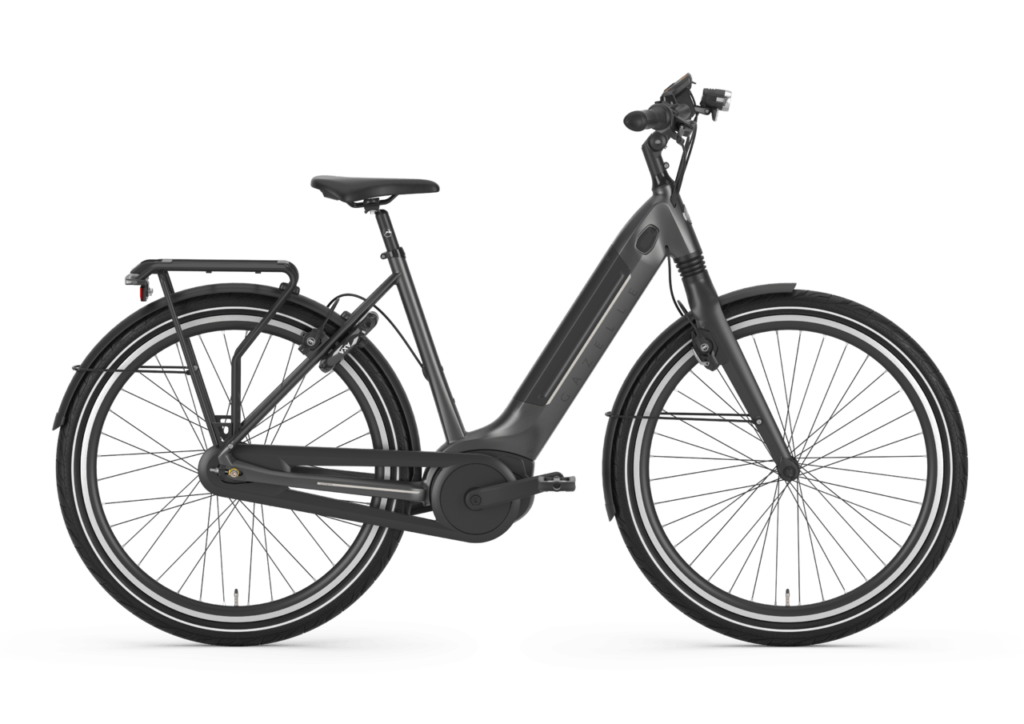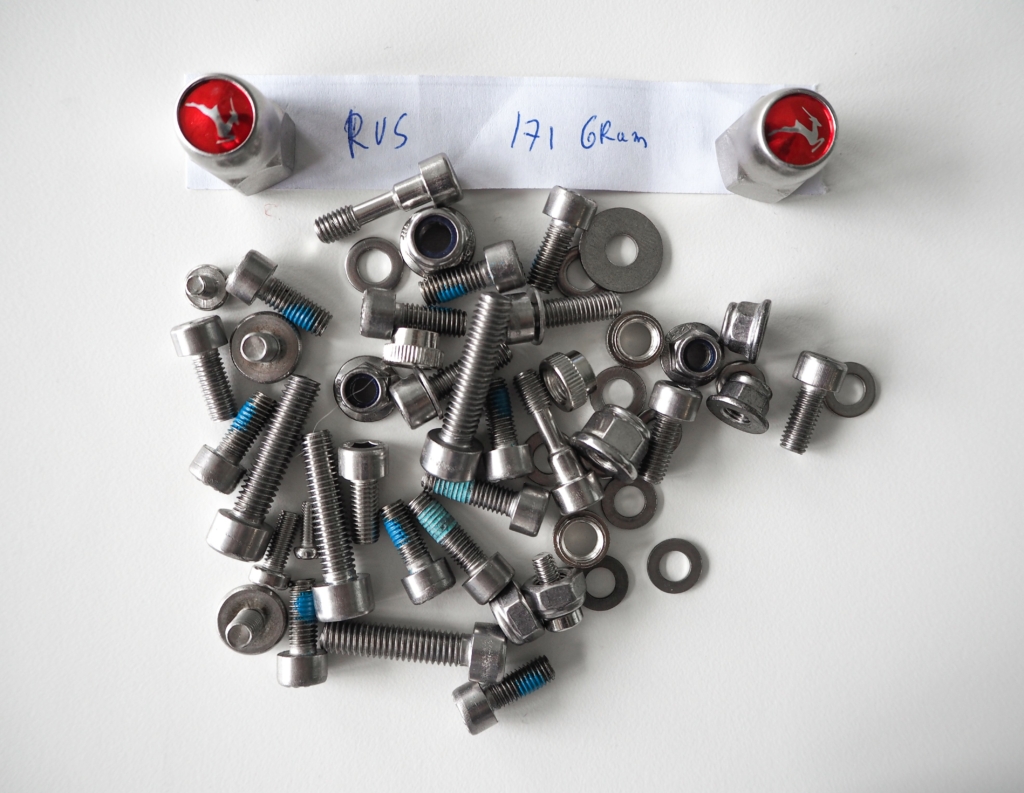Improving sustainable innovation of bicycles with LCA
Sustainability within a company can start anywhere, as shown by Royal Dutch Gazelle. A group of dedicated employees of the well-known Dutch bike producer has been working on reducing the company’s footprint. Their efforts have inspired a full LCA of a Gazelle e-bike, which has led to concrete improvement steps with involvement of management.
About
Royal Dutch Gazelle is a large, well-known Dutch producer of bicycles, producing approximately 250.000 bicycles per year. Gazelle understands the importance of sustainability and the responsibility that comes with it as a bicycle producer. Therefore, the company is especially interested in understanding how decisions that are made in design, engineering and purchasing affect the environmental impact of their products.
Challenge
Gazelle’s quest to more sustainable bicycle production was driven by a group of engaged employees from different disciplines. They encouraged activities such as waste separation within the factory, but were unsure about what would have the most impact in relation to the bikes they produce. Especially since the sales of electric bicycles (e-bikes) have increased significantly over the last few years: with 30% in 2020 alone.
Since public life cycle information about the impact of e-bikes is hardly available, Gazelle commissioned a new LCA of the Gazelle Ultimate C8+ HMB, a representative e-bike. The goal was to understand the bike’s impact, identify low-hanging fruit and determine improvement actions.

Solution
For the study, Gazelle collected data about all e-bike components from their suppliers and weighted that information. The LCA study identified environmental hotspots, i.e. the materials, processes and life cycle stages that have the highest environmental impact.
The result is that Gazelle gained a good understanding of the impact of core bike components (frames, forks, carriers) and the e-bike system on their total footprint. They also gained insight into the contribution of elements such as packaging and the impact of the factory in Dieren. The environmental impact appeared to be especially sensitive to the lifetime of the e-bike – that means the best way to reduce the impact of an e-bike is to use it for longer – which also gives rise to further work on raising consumer awareness.

The LCA model was implemented in SimaPro Share. This allows designers and engineers to explore the influence of different scenarios themselves, such as material choices, production locations, recycling grade, and lifetime expectancy. These insights can be used in the design and engineering phase, as well as for purchasing decisions.
Benefits
The LCA results were used for a brainstorming workshop with managers to identify a wide variety of next steps for Gazelle. The workshop included perspectives such as the relevant rules and regulations, consumer expectations, competitors, design and innovation, procurement, and company strategy. This approach placed the LCA results in the broader context of the company, which makes it easier for the findings to be applied in practice.
All in all, the study and workshop provided a good starting point to work toward decreasing the environmental footprint of Gazelle’s e-bikes and facilitating sustainable mobility. Immediate follow-up actions taken by Gazelle include:
- Making sustainable innovation and sourcing a priority in the company’s sustainability program
- Engaging with suppliers to include recycled content in their components
- Looking for ways to extend the lifetime of their products
PRé was a real help to Gazelle with mapping the impact of our bicycles. It wasn’t an easy job, because of our complex supply chain with many geographically dispersed suppliers. The collaboration was pleasant and professional. It was an important starting point for making the right choices to make our bicycles increasingly sustainable.
Bastiaan Bless
Channel Manager, Royal Dutch Gazelle
Contact the expert
Rosan Harmens
Consultant
